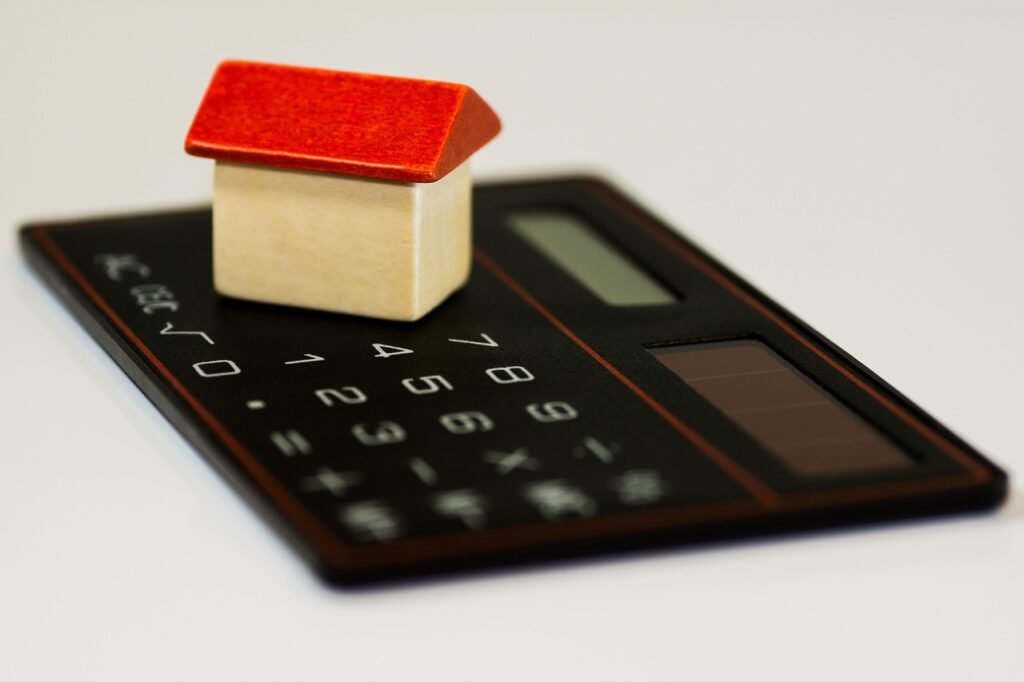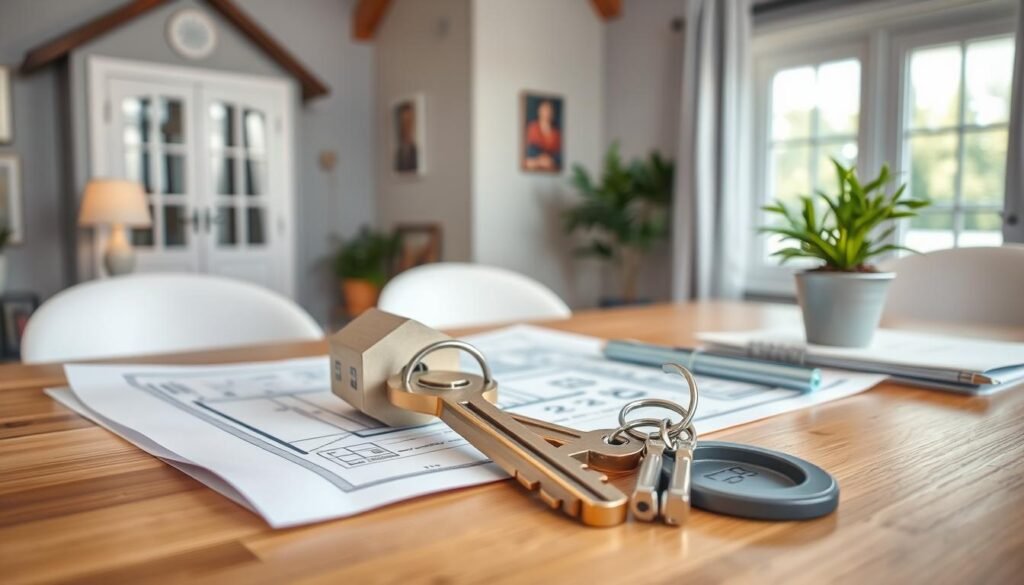This post may contain affiliate links, which means I may earn a commission if you purchase through these links at no extra cost to you
Buying your first home in Illinois is such a proud moment—but let’s be real, once the excitement settles, the responsibilities start rolling in. One of the biggest ones? Property taxes.
When I bought my first home, I was surprised by how complex property taxes could be, especially in Illinois. But with a little research (and some trial and error), I learned how to navigate the system, avoid surprises, and even find ways to save.
In this post, I’m breaking it all down to help you do the same.
Table of Contents
ToggleWhat Are Property Taxes (and Why Should You Care)?
Property taxes are local taxes paid annually based on your home’s assessed value. These taxes fund essential community services—like public schools, roads, fire departments, and libraries. If you’re buying a home in Illinois, understanding how these taxes are calculated and billed is key to avoiding budget blowouts.
This value includes the land and any buildings. The property tax bill comes from multiplying this value by the local tax rate, which changes by location.
Pro Tip: I use Experian Credit Monitoring to keep an eye on my credit and get alerts for any financial changes, including property-related accounts. It’s a great way to stay financially sharp.
How Property Taxes Are Calculated

Assessors start by evaluating your property’s details and the market. They look at things like size and recent nearby home sales.
In Illinois, property taxes are determined at the county level, and here’s how it generally works:
- Assessed Value: Your county assessor places a value on your home—typically 33.33% of its fair market value.
- Equalization Factor: Set by the Illinois Department of Revenue to balance assessments.
- Tax Rate: Local tax authorities (schools, cities, counties) set varying tax rates.
- Exemptions: Reduce your home’s taxable value.
Try this free Property Tax Calculator from SoFi to estimate your bill based on your Illinois county.
But the way to figure out your property tax bill is simple. It involves your home’s assessed value and the local tax rate. The formula is:
Assessed Value x Tax Rate = Property Tax Due
Key Exemptions That Save You Money
Illinois offers several tax exemptions that can lower your bill:
- General Homestead Exemption: Reduces your home’s assessed value (up to $10,000 in Cook County).
- Senior Citizens Homestead Exemption: For homeowners 65+.
- Senior Freeze Exemption: Freezes assessed value for eligible seniors with limited income.
- Disabled Persons/Veterans Exemptions: Offers various levels of relief based on disability status.
Apply through your local county assessor’s office. Many have online portals to simplify the process.
When and How to Pay Property Taxes in Illinois
Illinois taxes are paid in arrears (you pay last year’s bill this year). Payment deadlines vary by county, but typically:
- Cook County:
- 1st installment due: March
- 2nd installment due: Late summer or fall (varies annually)
If your lender escrows your taxes, payments are handled automatically. Otherwise, you can pay online, by mail, or in person through your county treasurer.
I personally use Liberty Mutual for homeowner’s insurance, and their portal makes it easy to access tax-related documents at renewal time.
Understanding Assessments and Market Value

Understanding assessments is vital in figuring out your property tax bill. Your home’s assessed value is based on its market value when bought or last transferred. It’s important to know the difference between market value and assessed value. Proposition 13 caps increases in assessed value, not market value shifts.
If your property’s assessed value seems too high, you can challenge it. You must appeal to the Assessment Appeals Board within 60 days from the notice date. Knowing about assessments helps you stay informed and manage property taxes better.
Steps:
- Look up your property’s assessed value.
- Compare it to similar homes (called “comps”).
- Submit your appeal before the county deadline.
If you need help, Nolo offers legal resources and templates to help guide you through the appeal process affordably—especially helpful if you’re not sure where to start.
First-time buyers have access to state programs that offer help like down payment assistance. There are also credits for adding energy-efficient appliances. Plus, you can deduct up to $10,000 on federal returns for property taxes and mortgage interest. This eases the financial load.
Here’s how I stay on top of my property taxes in Illinois:
- Set calendar reminders for assessment and payment deadlines.
- Save monthly for potential increases.
- Review your exemptions annually.
- Use a credit monitoring service like Experian to catch financial changes tied to property values or loans.
Most mortgage lenders like SoFi will include escrow in your monthly payment—so you’re never caught off guard.

Final Thoughts
As a new homeowner, it’s key to get how property taxes work. This helps keep your finances stable.
Your property taxes help pay for important things. They fund local schools, keep roads in good shape, and look after water and sewer lines. So, paying your taxes on time is critical. Plus it also supports your neighborhood.
Learning how to check property assessments and use tax deductions can lower what you owe. Respecting these financial rules makes owning a home smoother. It also helps improve public services.
Good property tax management does more than meet obligations. It helps the community grow and protects your home’s value. With everything you’ve learned, you can now manage your property taxes well. You’re set to be both a smart homeowner and a good neighbor.



